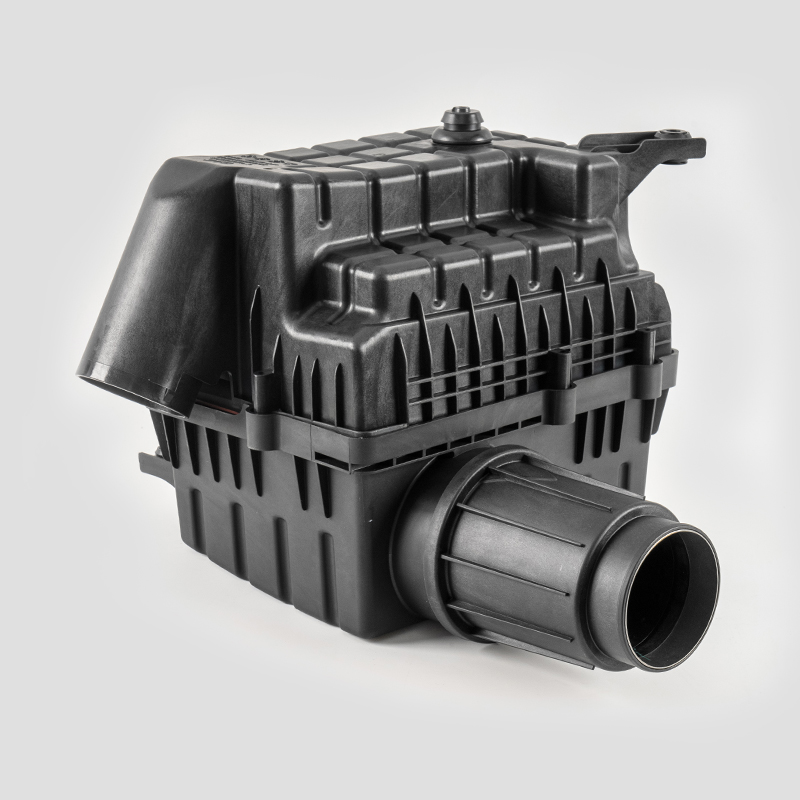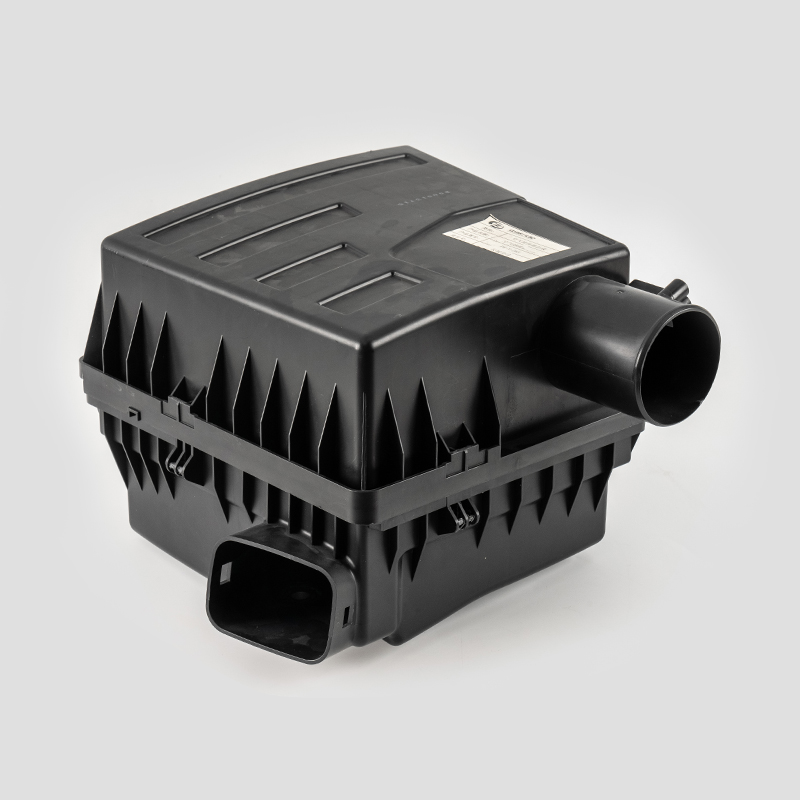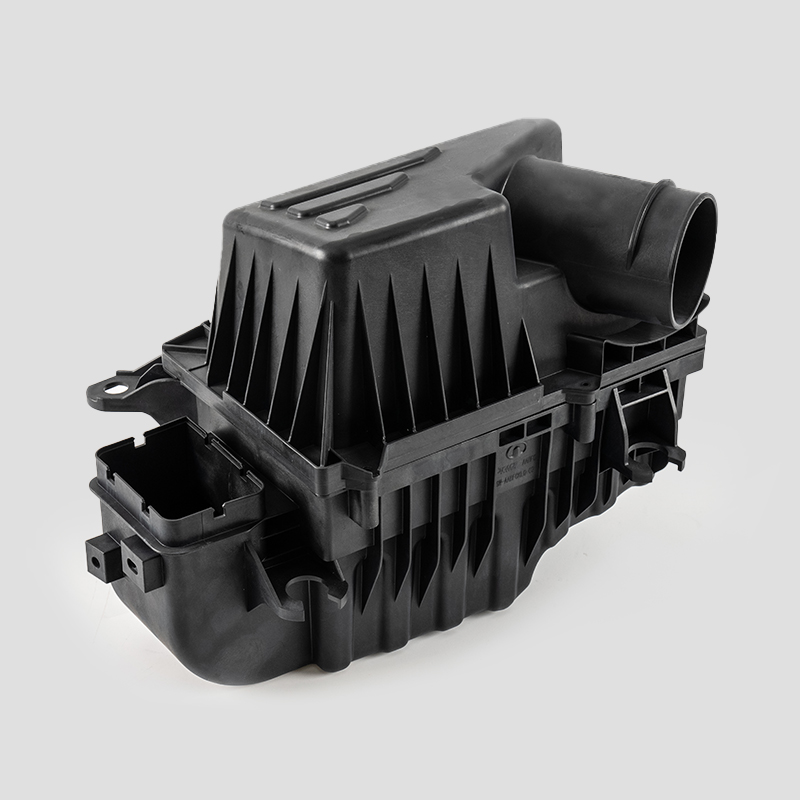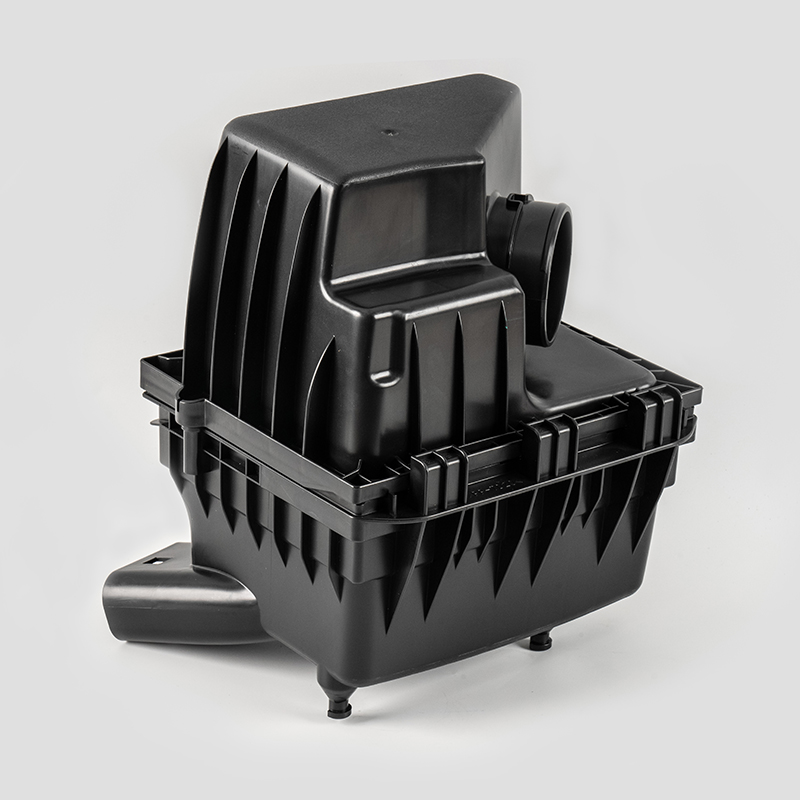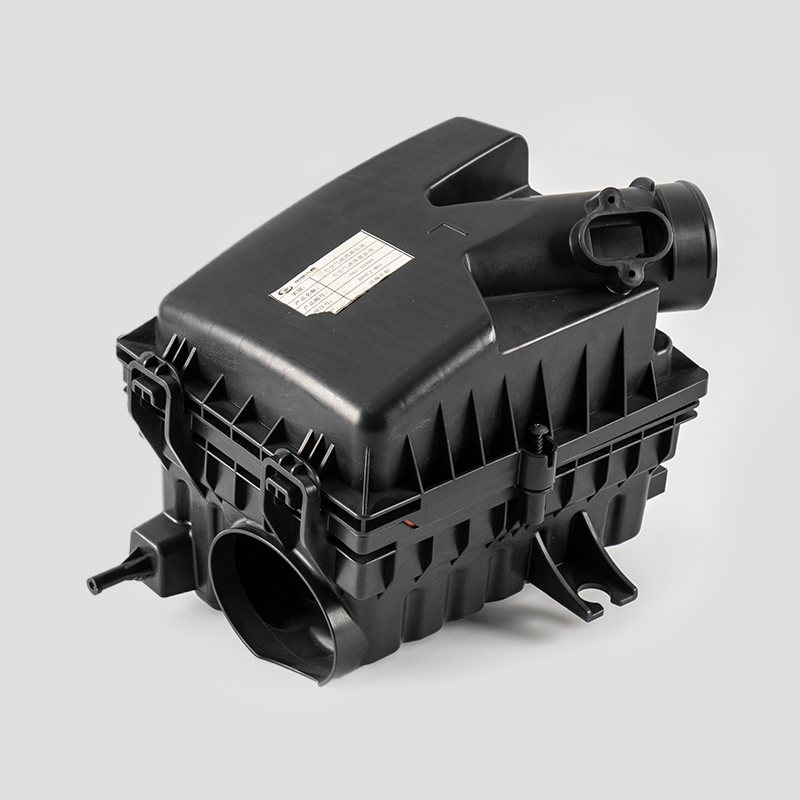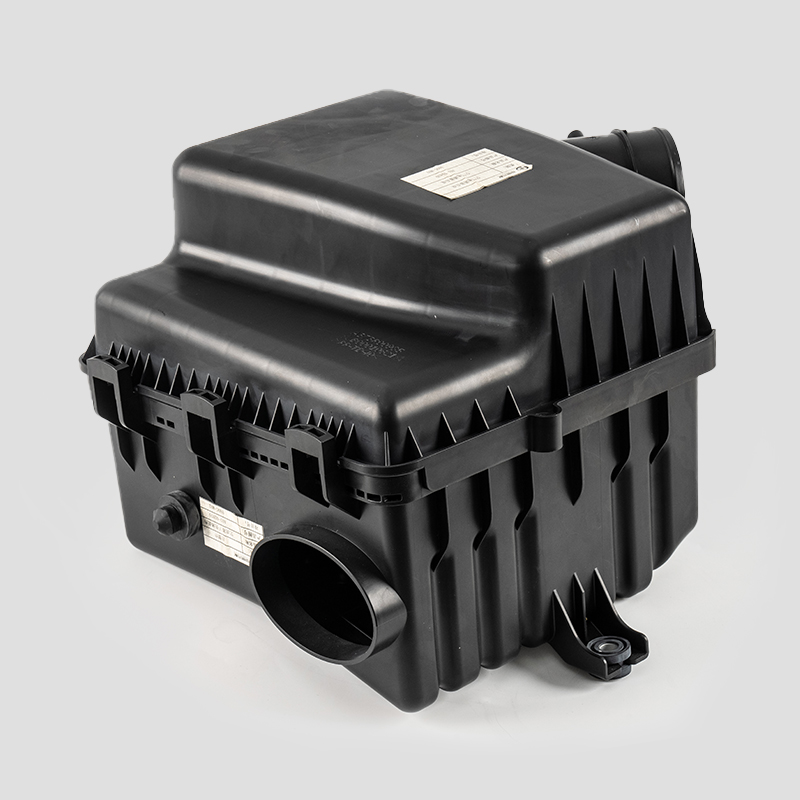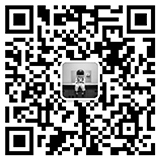Dedicated 17801-F0060 Air Filter: How to Identify Authenticity? How Often to Replace?
Content
- 1 1. Dedicated 17801-F0060 Air Filter: What Practical Methods Are There to Distinguish Authenticity?
- 2 2. Dedicated 17801-F0060 Air Filter: How Often Should It Be Replaced to Ensure Optimal Performance?
- 3 3. What Risks Are There in Using Counterfeit 17801-F0060 Air Filters or Delaying Replacement?
- 4 4. Besides Authentic Products, How to Choose Cost-Effective Alternatives for the 17801-F0060 Air Filter?
1. Dedicated 17801-F0060 Air Filter: What Practical Methods Are There to Distinguish Authenticity?
Counterfeit air filters are quite common in the market. Customs authorities have seized multiple batches of fake automotive air filters. Such counterfeit products not only have poor filtering performance but also cause engine damage due to dust ingress. So, for the dedicated 17801-F0060 air filter designed for specific vehicle models, what practical methods can help distinguish authenticity?
① Check the Part Number and Logo Details
Authentic filters have the clearly laser-engraved part number "17801-F0060" on their frames. The letters and numbers are evenly spaced, with no burrs, and cannot be scraped off with a fingernail. Product logos are printed with high-precision ink, presenting a matte texture; counterfeit products mostly use inferior printing processes, resulting in blurry logos that may smudge or peel off when wiped with alcohol.
② Observe the Material and Manufacturing Process
Authentic filters use multi-layer composite filter paper, with a dense and uniform surface, clear fiber texture, neat edge folding, and consistent stitching. The rubber sealing ring is made of high-quality nitrile rubber, which feels elastic and smooth, with no burrs and uniform thickness. Counterfeit filters usually use single-layer low-cost filter paper, which feels brittle and hard, and the rubber sealing ring is stiff or has rough edges. Comparative tests show that the filtering rate of authentic filter paper for particles above 5μm can reach 98%, while counterfeit products can only filter 65%, allowing a large amount of dust to enter the engine.
③ Verify Packaging and Traceability Information
Authentic packaging is equipped with an anti-counterfeiting QR code or barcode. Scanning it redirects to the official parts verification page, displaying the batch and origin information of the part. The packaging box is made of thick cardboard with clear printing, and the sealing tape has an exclusive watermark. Counterfeit packaging is mostly made of thin and flimsy materials with blurry printing, and the QR code either cannot be scanned or links to fake pages. Official service outlets remind that authentic filters are only supplied through authorized channels (official service outlets or certified parts dealers), while counterfeit products are mostly sold in unqualified auto parts markets.
2. Dedicated 17801-F0060 Air Filter: How Often Should It Be Replaced to Ensure Optimal Performance?
The replacement cycle of an air filter is not fixed and needs to be comprehensively determined based on the driving environment and usage frequency. So, for the dedicated 17801-F0060 air filter, how to determine the appropriate replacement time?
① Follow the Basic Replacement Cycle Recommendations
Under standard operating conditions (driving on urban roads with good air quality), the official recommendation is to replace the 17801-F0060 air filter every 15,000-20,000 kilometers or 1 year, whichever comes first. For users with low annual driving mileage (e.g., less than 10,000 kilometers per year), the inspection cycle can be extended to every 2 years, but the maximum replacement cycle should not exceed 30,000 kilometers.
② Adjust the Cycle Based on the Driving Environment
- Harsh dusty environments: When driving in areas with high dust levels, such as around construction sites or deserts, inspect the filter every 3,000-5,000 kilometers and replace it promptly if clogging is found.
- Highly polluted environments: In cities with severe smog (PM2.5 concentration > 100μg/m³), it is recommended to replace the filter every 10,000-12,000 kilometers. Tests show that the dust accumulation of air filters in smoggy environments is 3 times that in clean environments.
- High-humidity environments: In rainy or coastal areas, moisture accelerates the aging of the filter material. Even if the filter appears clean, it is recommended to replace it every 12,000-15,000 kilometers.
③ Judge Through Visual Inspection and Performance Symptoms
- Visual inspection: Remove the filter (located in the plastic air box in the engine compartment). If the surface is covered with thick dust or the filter paper turns from gray to black, replace it immediately; gently tap the filter to remove surface dust. If a large amount of dust still falls or the filter paper is damaged, replacement is also necessary.
- Performance symptoms: A clogged filter will reduce the engine's air intake, causing symptoms such as weak acceleration, increased fuel consumption (an increase of 0.5-1 liter per 100 kilometers), and unstable idling. When these situations occur, it is necessary to promptly inspect and replace the filter.
3. What Risks Are There in Using Counterfeit 17801-F0060 Air Filters or Delaying Replacement?
Many car owners tend to overlook the quality of air filters and the replacement timing, but this may lead to serious problems. So, what specific risks are associated with using counterfeit 17801-F0060 air filters or delaying replacement?
① Engine Damage Caused by Counterfeit Filters
Counterfeit filters have poor filtering effects. Particles as large as 20μm may enter the engine, causing abnormal wear of pistons and cylinders; some counterfeit filters have mismatched sizes, allowing unfiltered air to bypass the filter and enter the engine directly, which may eventually require expensive engine repair costs.
② Performance Degradation Caused by Delayed Replacement
A clogged filter will reduce air intake by 30%-50%, leading to insufficient fuel combustion. This not only increases fuel consumption but also causes excessive exhaust emissions, and may even result in failure to pass emission tests. Long-term failure to replace the filter can also lead to carbon deposits on spark plugs and intake valves, which require professional cleaning to return to normal.
③ Cost Comparison Between Authentic and Counterfeit Filters
The unit price of an authentic 17801-F0060 air filter is approximately 80-120 yuan, while counterfeit products only cost 20-40 yuan. However, the average engine repair cost caused by counterfeit filters is 15,000-30,000 yuan, which far exceeds the cost saved by purchasing counterfeit products; the annual cost of regularly replacing authentic filters is approximately 100 yuan, which is negligible compared to the potential repair costs.
4. Besides Authentic Products, How to Choose Cost-Effective Alternatives for the 17801-F0060 Air Filter?
Authentic filters are reliable but relatively expensive. So, are there cost-effective alternatives for the 17801-F0060 air filter that balance quality and budget, and how to choose them?
① Certified Original Equipment Manufacturer (OEM) Filters
These filters are produced by officially authorized suppliers without official logos, but their quality is consistent with that of authentic products, and their price is 20%-30% lower than that of authentic products. For example, filters of the 17801-F0060 specification produced by official cooperative manufacturers only bear their own brands, offering higher cost-effectiveness and achieving "authentic product quality without brand premium".
② Well-Known Third-Party Brand Filters
Some professional filter brands on the market produce compatible filters for the 17801-F0060, with a filtering efficiency (≥97%) comparable to that of authentic products, a unit price of 60-90 yuan, and they undergo strict quality testing. Tests show that the dust-holding capacity of such filters is consistent with that of authentic products, and their service life is also similar.
③ Avoid Low-Cost Inferior Filters
It is necessary to be wary of "unbranded" filters with a unit price of less than 30 yuan. These products use inferior materials and usually fail after 3,000-5,000 kilometers; some auto parts markets label them as "factory direct supply" products, but they lack quality certification and testing. It is recommended to purchase from official service outlets, certified dealers, or regular online auto parts platforms to ensure the quality of the filter.




 English
English Español
Español عربى
عربى